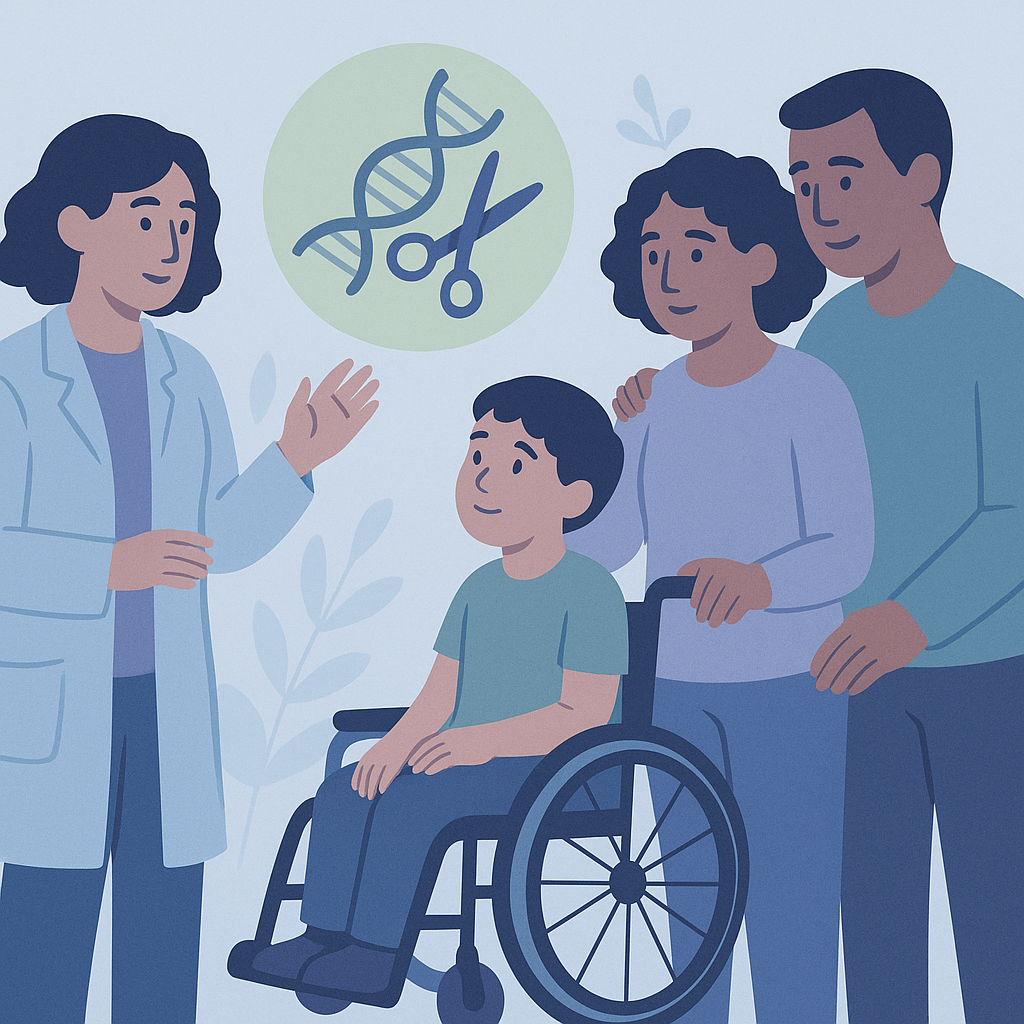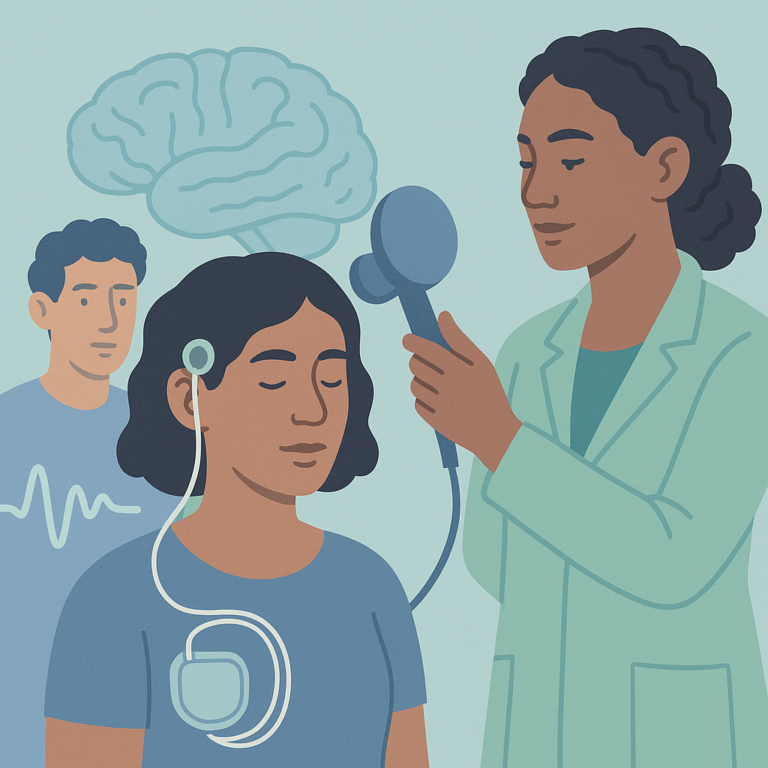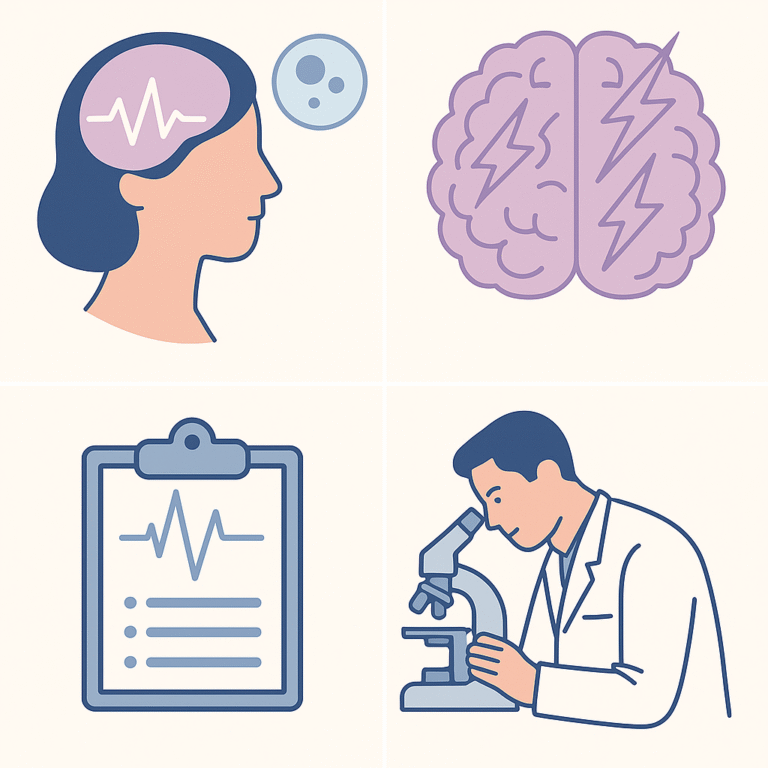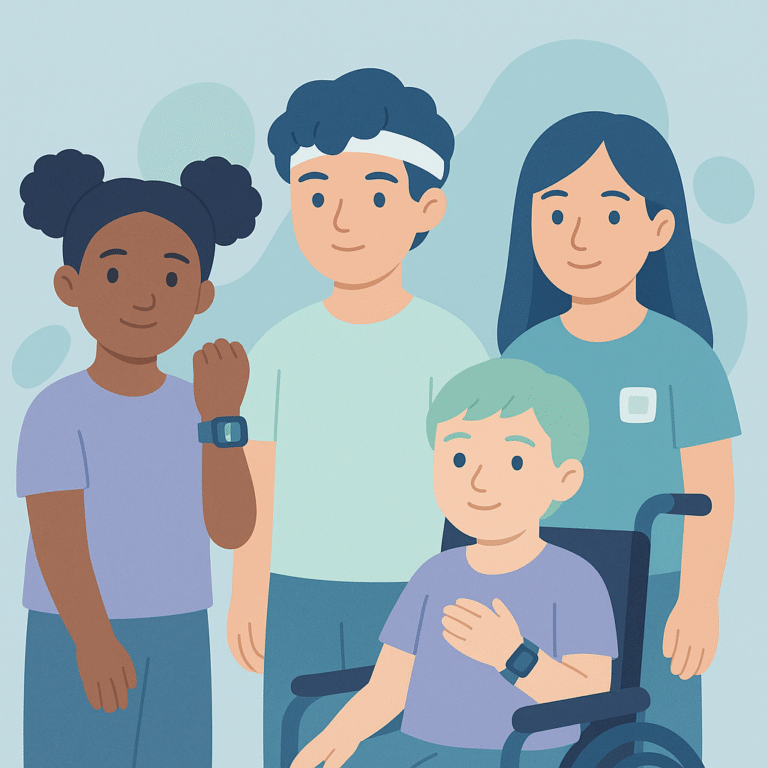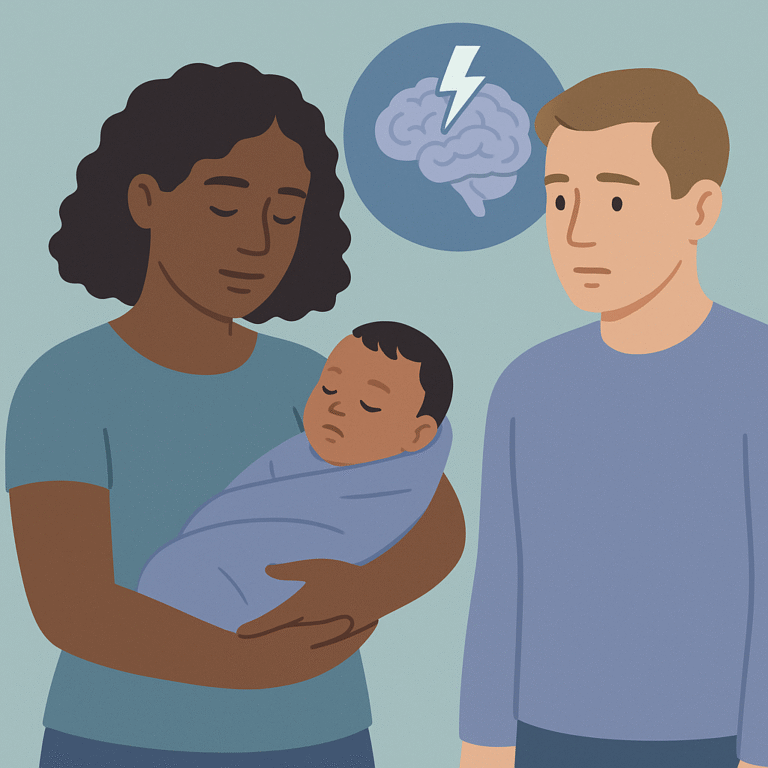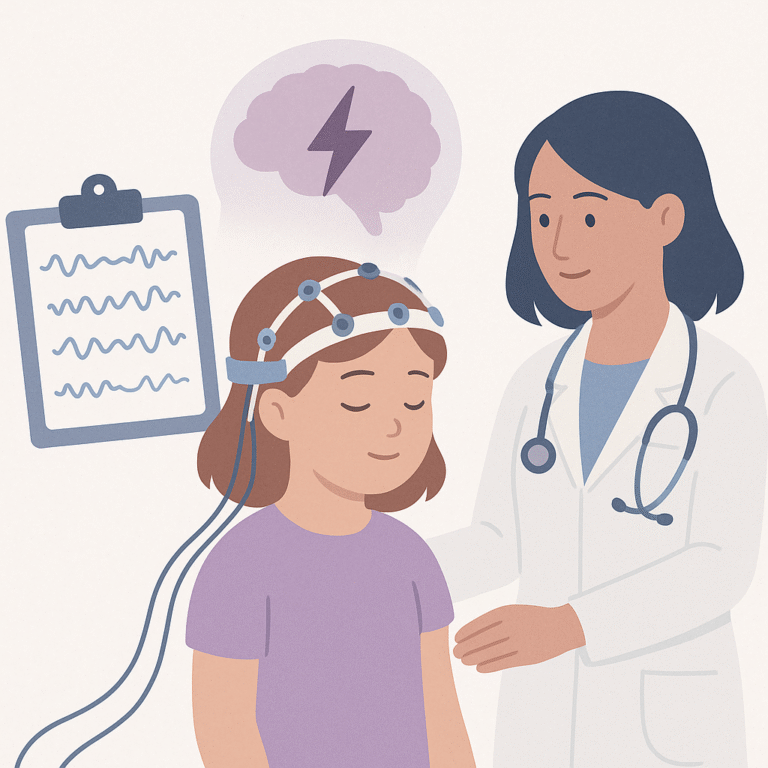CRISPR Therapy for SCN2A Epilepsy: What the Research Shows
Source: Nature
Summary
CRISPR therapy for SCN2A epilepsy is a cutting-edge genetic approach researchers hope could improve seizure control. This summary explains what SCN2A is, how CRISPR might help, and what the study found—in plain English. We also link to related genetic epilepsy studies and practical caregiver guides.
Researchers studied a genetic condition called SCN2A haploinsufficiency, which is linked to neurodevelopmental disorders like autism and epilepsy. They focused on mice with this condition to see if a technique called CRISPR activation (CRISPRa) could help improve their symptoms. The goal was to find out if increasing the activity of the remaining functional copy of the SCN2A gene could make a difference in the mice’s neurological health.
The key findings showed that using CRISPRa to boost the expression of the SCN2A gene helped correct some of the brain problems in the mice. This treatment improved their brain cell function and reduced seizure activity. Additionally, the researchers found that similar improvements could be seen in human stem cells with SCN2A haploinsufficiency, suggesting that this approach might work for people as well.
This research is important because it offers hope for new treatments for children with SCN2A-related disorders, potentially improving their quality of life. However, the study was done in mice, so more research is needed to see if these results can be replicated in humans. There are also challenges in delivering this treatment safely and effectively in people, which will need to be addressed in future studies.
Free: Seizure First Aid Quick Guide (PDF)
Plus one plain-language weekly digest of new epilepsy research.
Unsubscribe anytime. No medical advice.